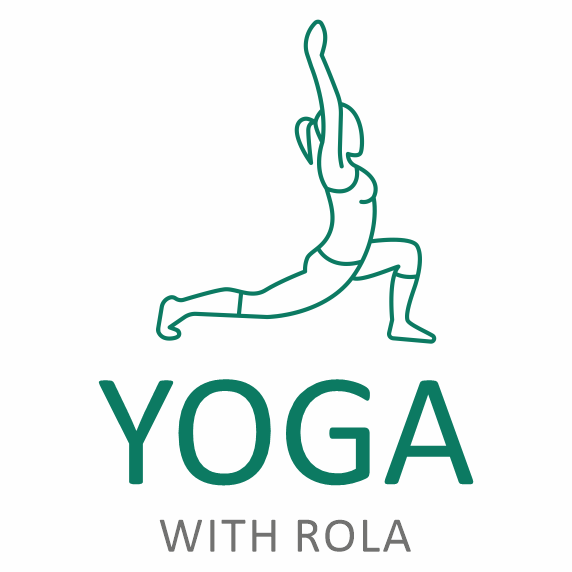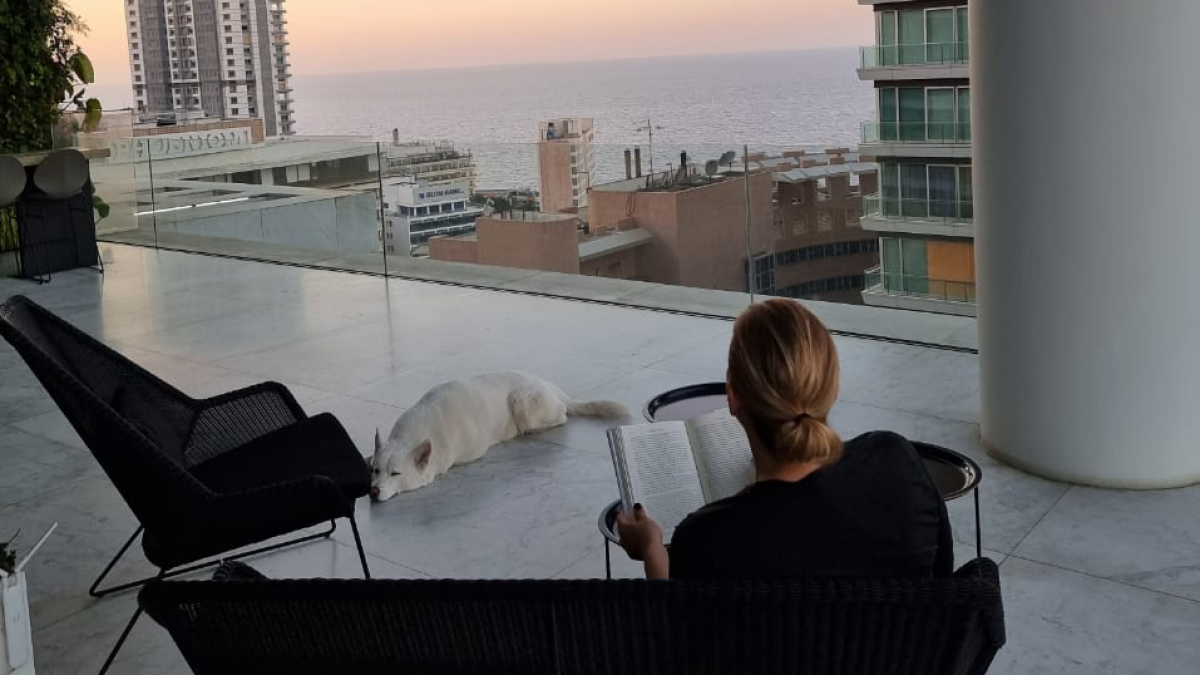During the pre-COVID world, I would have qualified as a retreat junkie — grabbing any opportunity to fit in a couple of days or a week to join a yoga or wellness retreat, even if I had to travel internationally. The last year however has forced me to sit still and explore ways of replicating that post-retreat glow at home. Without the exotic destinations, the beauty treatments, sauna and soothing massages, is there such a thing as a retreat at home?
Retreat and wellness: An ancient connection
A good starting point is to go back to the meaning and root of the word. A dictionary definition of retreat is “to go away from a place or person in order to escape from danger”. This literally connotes an act of moving back or withdrawing.It also implies that the destination per se is not as important as long it is a private and safe place. The term is commonly used when referring to quiet study and careful reflection from normal activities and duties.
Meanwhile, the link between health with the pleasure of escape, can be traced to ancient times. Looking at Western history in particular, the public baths of ancient Greece and Rome had both social and therapeutic multifunctional benefits, serving as destinations for learning and leisure. While the practice largely died out in the Middle Ages, it reemerged around 18th century in Europe around towns with natural springs. A global trend of health focused spadestinations began, giving rise to resorts that helped escape urban lifestyle and its stresses.
With the rise of a wellness culture focused on external appearances in the 20th century, many of these retreats in Europe and the U.S. began focusing on weight loss. More recently, destination spas began championing a mind-body-spirit connection with a range of treatments and activities to address not only weight loss but holistic health and mental wellbeing.
Reincarnating your personal retreat
With all the travel restrictions in place, a retreat into an exotic destination is out of reach for most of us. However, reflecting on the definition of retreat and its historical evolution can serve inspire a DIY version, which might carry longer term benefits to your health — and wallet.
Here are a few ideas that worked for me and are maybe worth exploring:
- Dedicate two consecutive days to nourish and care for yourself. Depending on your schedule, this can be over the weekend or during the week when you do not have a lot of responsibilities. If you still have responsibilities and commitments with the family, partner or at work, try to inform them that you will be taking some extra time off during the beginning and end of the day for yourself. One of the benefits of an in-home retreat is that you can stay connected to the real world while retracting to your own space during certain intervals. (If successful, you can extend the days next time you feel the need to escape. You make the rules)
- Focus on turning inward, recognizing the importance on mental wellness especially during these times. A good way of doing this is to disconnect from the digital world for a certain time during the day. Meditation and journaling as well as spending time in nature can offer a great escape from our overwhelmingly digitally world. Spa treatments in beautiful settings may be inaccessible,but try to explore your surroundings for a quiet corner near the window, an tree house down the road, an abandoned bench on a quiet street, or a special chair near your favorite plant. This will help slow, if not still, the thoughts in your mind. I find early mornings work best for, journaling and meditating while sitting on my yoga mat near the window, enjoying my coffee before I start my self-practice.
- Exercise not to lose weight, but to feel better, boost your energy level and have fun. The body needs to move, and as a yoga therapist in training, I have witnessed the importance of dynamic movement for people suffering from depression or feeling lethargic. Try to find an activity that you enjoy, whether its dynamic yoga, a jog, a power walk or a bike ride, maybe while playing your favorite music. The goal is to get an intense workout for thirty minutes to an hour during the day. Keep the more restorative exercise, like walking or gentle yoga, for early evening before another internal check-in with end of day meditation and journaling.
- Nourish your body with fresh unprocessed food: The Greeks were pioneers in addressing the whole lifestyle, including diet, in their treatment of ailments. Individuals were advised on how to live in order to remain healthy. In line with this “prevention is better than cure” approach, try to stick to a plant-based diet, keeping dinners light. Intermittent fasting diets may not be suitable for everyone, but I have found great health benefits from not eating for 12 to 16 hours, usually starting from around 7 p.m.
- Pamper yourself with a luxurious bath: The Greeks and Romans recognized the many benefits of soaking in a warm bath. It can be relaxing and therapeutic on many levels, including relieving wore muscles and joints. Adding essential oils like eucalyptus can refresh you and stimulate the nasal passage, offering an instant mood booster at the end of the day, while lavender and chamomile essential oils can offer a more relaxing sensation just before bedtime. Candle lights and music in the background can transform a simple into a luxurious experience.
- Spend quality time with family and true friends: Going on a retreat is usually associated with silence and a solitary journey of reflection. But not all people find solace in silence. Reaching out to a loved one (virtual calls can work) during these two days can serve your wellbeing. However, make sure to avoid toxic people or experiences if you can. Just for 48 hours.
Whatever retreat incarnation, make it personal and work for you so that when the two days end, you can keep up some of the habits that worked well. Retreating does not have to mean travel but rather a state of mind, a way to break from your usual routine.
The idea of escaping to somewhere new to focus on the self care will always be appealing, but withdrawal from ordinary stresses and demands at home by following a simple self-care routine for two days at a time will help you return more seamlessly to the place you’ve escaped from — feeling more balanced, more refreshed and lighter, with better coping mechanisms to deal with inevitable challenges ahead.



Add a Comment